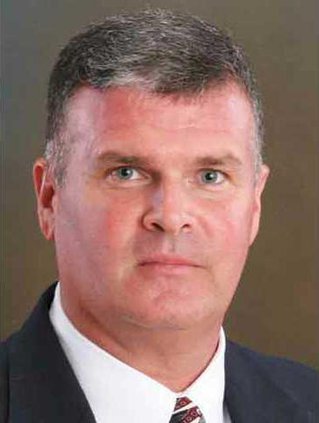A payroll controversy at the Forsyth County Sheriff’s Office that is more than a decade old has resurfaced with the candidacy of a former officer who was a central figure in the issue.
FCSO pay issue resurfaces
Retired officer recalls matter from 2000

